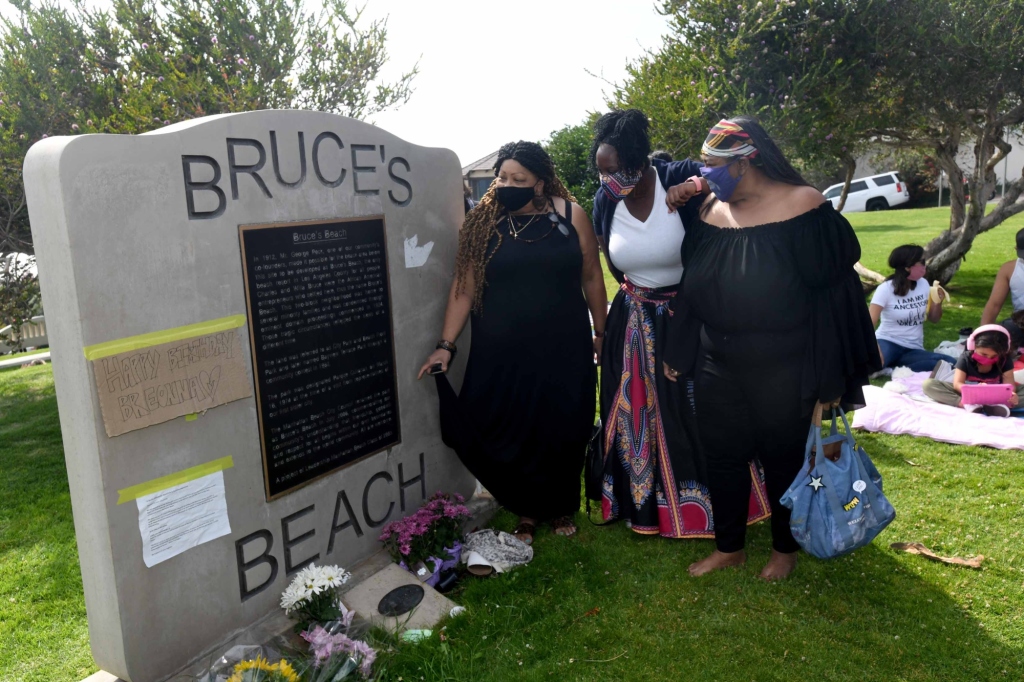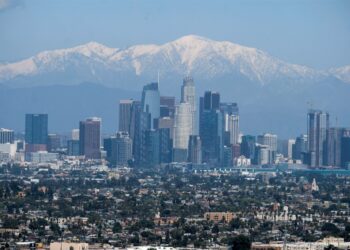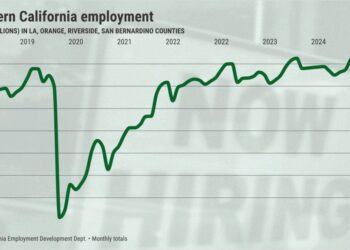By Karen Breslau and Kelsey Butler | Bloomberg
California is moving closer to determining what eligible Black residents are owed for generations of discriminatory practices, a key step toward potentially becoming the largest US jurisdiction to pay out billions of dollars in reparations.
The California Reparations Task Force will meet over the next two days in Sacramento to assess how reparations should be distributed, which could include direct payments and investments in education, health care and homeownership for Black communities. The group is set to deliver its final recommendations to the state legislature by July 1 and it will be up to lawmakers to decide whether to adopt them.
Tackling the issue is a complex task for the group of civil rights leaders, policymakers, economists and scholars appointed by Gov. Gavin Newsom in 2020, following the murder of George Floyd. One of the models under consideration suggests the state would owe a total of almost $640 billion to 1.8 million Black Californians with an ancestor enslaved in the US, which works out to roughly $360,000 per person.
California’s task force has yet to say who would pay these sums. After years of budget surpluses, the state’s financial fortunes are turning, with a projected $22.5 billion budget deficit. The technology sector is laying off workers, stock market declines are hurting the incomes of top earners who pay a large share of taxes, and the state already has some of the highest taxes in the nation.
With a federal reparations bill languishing in Congress, how the outcome plays out in the most-populous US state may have implications for other areas that are weighing similar efforts across the country. Evanston, Illinois, in 2021 became the first US city to provide reparations to its Black residents, including giving housing grants, and reparations studies are springing up in places like New York and St. Louis.
“If California can admit its sins and change the narrative, then there is…
Read the full article here







